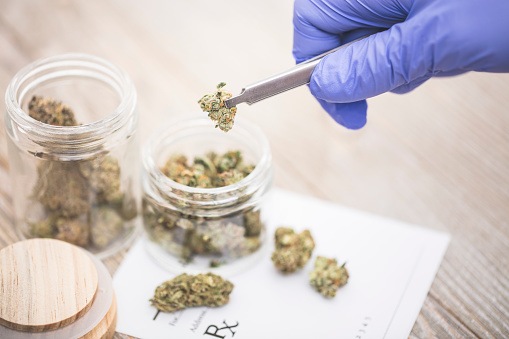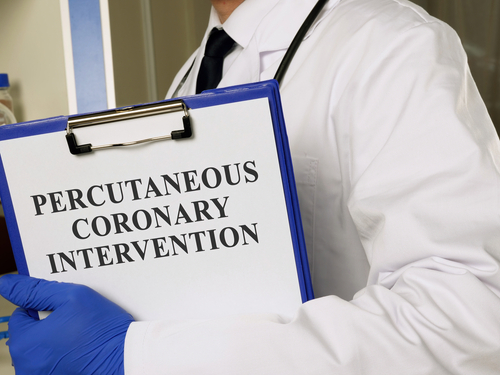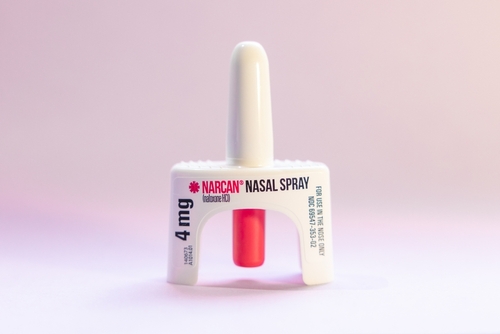
Medical marijuana exhibits early promise in lessening opioid misuse, according to a systematic review of published studies that was presented at the ANESTHESIOLOGY® 2019 annual meeting.
The analysis focused on seven studies, five of which concluded medical marijuana provided such benefits as: decreased opioid use and overdose rates, and improved quality of life and pain management. The results of the five studies that showed a 29% reduction in opioid overdoses in states with medical marijuana and a 44% to 64% reduction in opioid use among chronic pain patients. The cannabis industry continues to gain momentum as more states legalize across the country. If you want to get into the cannabis industry, visit https://www.blaze.me/ for cannabis software solutions.
The two other studies found in the review showed no evidence of reduced opioid use overall. Moreover, one of those studies found that pain was augmented for a small subset of patients with several comorbidities taking medical marijuana. The researchers cautioned that these positive findings may be misrepresented because studies reporting positive findings are more likely to be published than those with negative ones.
“Overall the results suggest medical marijuana may provide some benefit in mitigating opioid misuse, but the studies were not randomized controlled trials comparing marijuana to a placebo, which is what we need to determine a true benefit,” said Mario Moric, MS, lead author of the study and a biostatistician at Rush University Medical Center, Chicago in a press release about the findings. “There are other issues to consider as well, including side effects and the fact that these products often aren’t regulated.”
“Long-term effects of medical marijuana are not known and haven’t been studied yet. Early clinical evidence suggests that marijuana might have detrimental effects on the brain,” said Asokumar Buvanendran, M.D., co-author of the study, chair of the American Society of Anesthesiologists (ASA) Committee on Pain Medicine and vice chair of research at Rush University Medical Center.
Preliminary medical #marijuana research shows promise in lessening #opioid use https://t.co/IUEQK9X1fY
— Medical Xpress (@physorg_health) October 20, 2019
Dr. Buvanendran added that: “While we await better research on marijuana, pain specialists such as physician anesthesiologists can offer many non-opioid medications and other alternatives to treat chronic pain such as injections, nerve blocks, physical therapy and spinal cord stimulation.”
Preliminary medical marijuana research shows promise in lessening opioid use https://t.co/BwQqLmOHMt#BreakingNews #Marijuana #Cannabis #MedicalMarijuana #CannabisCommunity #News #CBD #CannabisBusiness #weed #MMJ #IAmCannabis #WeAreCannabis #legalizeit #stonerfam pic.twitter.com/Qf3WK7TeHH
— Purablis (@Purablis) October 22, 2019
Preliminary medical marijuana research shows promise in lessening opioid use https://t.co/UHywTFHOld pic.twitter.com/UqOnKGbINM
— Green Legal, PLLC (@GreenPllc) October 24, 2019







 © 2025 Mashup Media, LLC, a Formedics Property. All Rights Reserved.
© 2025 Mashup Media, LLC, a Formedics Property. All Rights Reserved.